Bible John police 'covered up' man in taxi
- Published
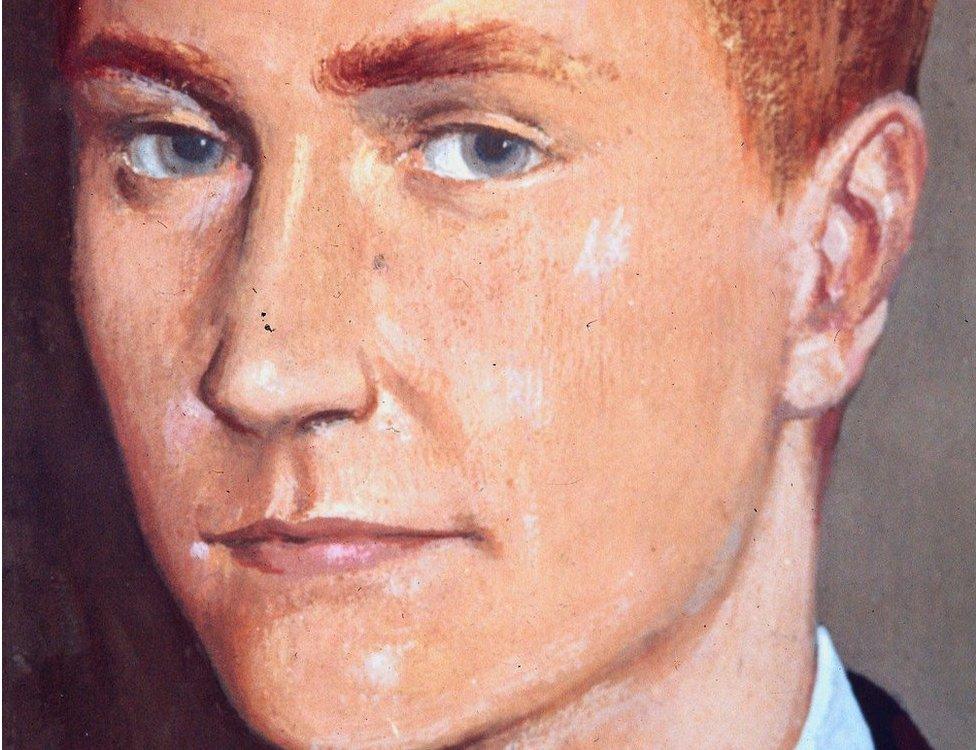
An image of Bible John produced by a police artist
The identity of the man in the taxi in the infamous Bible John case was "covered up" by top police officers, a new BBC podcast has claimed.
The murder of Helen Puttock in 1969 came after a man shared a cab home with her and quoted religious verse.
Her brutal killing was linked to the murder of two other women in Glasgow.
The podcast claims there was evidence pointing to the man in the taxi being John Irvine McInnes, the cousin of a senior police officer.
There is no evidence that Mr McInnes actually carried out the murder.
It said his name was known to top officers at the time - including legendary Detective Superintendent Joe Beattie - but it never appeared in the official records.
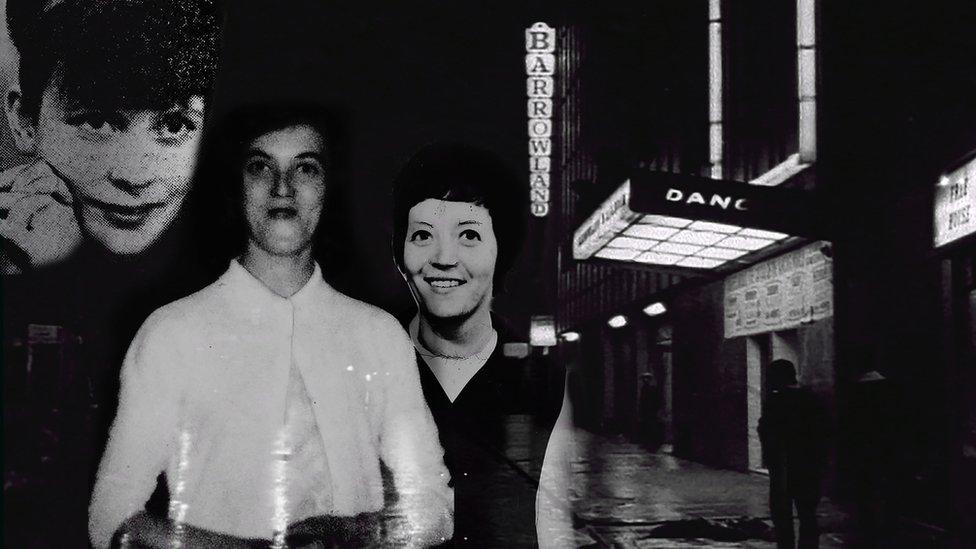
Bible John's victims - Patricia Docker, Jemima McDonald & Helen Puttock
The new BBC podcast, Bible John: Creation of a serial killer, has tracked down senior detectives DCI Jim McEwan and Det Con Brian Hughes, who reopened the cold case in 1995.
They said their investigation found enough evidence that John Irvine McInnes, who killed himself in 1980, was the man in the taxi that the procurator fiscal would have issued a warrant for his arrest if he had been alive.
But they believe top cop Joe Beattie helped to keep his name out of the frame because he was good friends with the suspect's cousin Jimmy McInnes, who he had worked with as a young detective.
As a result of the 1995 review, John Irvine McInnes' body was exhumed so that a DNA sample could be tested against evidence found on a pair of tights belonging to Helen Puttock.
There was no match and experts would later announce the results were inconclusive, formally clearing McInnes of any involvement.
But the 1995 detectives told the podcast they were still sure he was the man in the taxi, who everyone had believed was Bible John, and that senior police chiefs had kept his name out of the investigation.
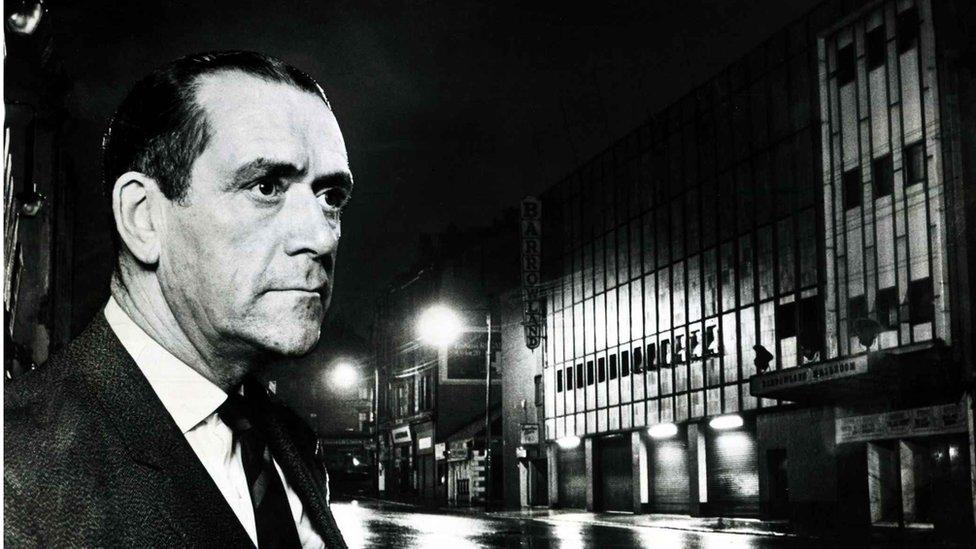
Detective Superintendent Joe Beattie led the Bible John inquiry
The Bible John murders remain unsolved more than 50 years after they were committed.
The first two cases were Pat Docker and Jemima McDonald, who were killed after they had gone to the Glasgow's Barrowland Ballroom.
Helen Puttock was the third victim, who was last seen alive on Thursday 30 October 1969.
She got a taxi back to Scotstoun with her sister and a man she had met in the Barrowland who was called John.
In the taxi, the man told of his disapproval of married people who went to the dancehall and spoke of "adulterous" women, quoting something from the Bible.
Helen's sister Jean was not worried when she got out of the taxi and left Helen with the man.
The next morning, Helen's body was discovered by a man walking his dog in Scotstoun.
The high-profile investigation into the murders was one of the biggest ever staged in Scotland but despite a manhunt that saw police interview more than 7,000 people and take 4,000 statements, no arrests were ever made.
A quarter of a century later, in September 1995, a tiny DNA sample recovered from the waistband of Helen's stockings led to a new team being set up to review the evidence.
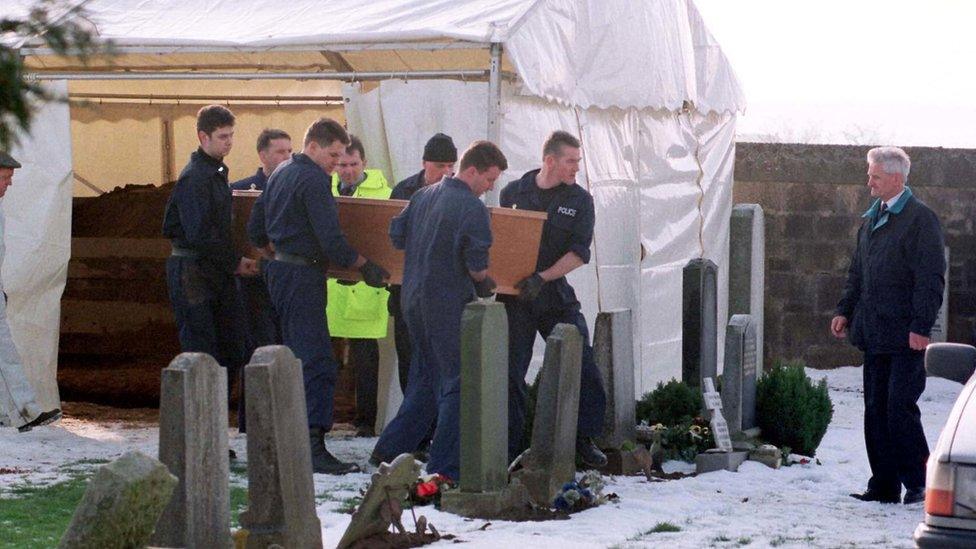
The remains of John Irvine McInnes were exhumed at Stonehouse Cemetery in February 1996
It was hoped recent advancements in DNA science might be the key to unlocking the mystery.
As part of the BBC podcast, journalist Audrey Gillan tracked down the detectives who led the reopening of the case.
Jim McEwan and Brian Hughes told her their first major concern was why the "heavy team" of top detectives, including Joe Beattie, had gone to Stonehouse in Lanarkshire, where John Irvine McInnes lived, two days after Helen Puttock's body was found.
They also wondered why they then took him to a small police office in Hamilton rather than their Glasgow base.
The pair said they also found inconsistencies in the recording of identity parades which they claim meant that Helen's sister Jean never saw McInnes.
The taxi driver, who gave the two sisters and the man a ride, was also never asked to identify McInnes, the 1995 team said, but when they showed him a picture he was sure that it was the correct man.
They said a man who had been a bouncer at the Barrowland Ballroom on the night Helen died also said the man in the photograph was the one he had seen. Helen's sister Jean was not sure.
Brian Hughes, along with Det Con Willie Lindsay, went to visit former top cop Joe Beattie, who was by this time very ill in Glasgow Royal Infirmary.
He recalled the trip out to Stonehouse but he couldn't bring to mind the suspect's name.
He said he was clear that the man had been paraded in front of Jean, his star witness, and she failed to pick him out.
The 1995 team could not find the suspect's name in the archive files.
They also talked to Beattie's good friend Jimmy McInnes, a retired detective chief inspector who came from Stonehouse.
They described him as a big lad who was very aggressive
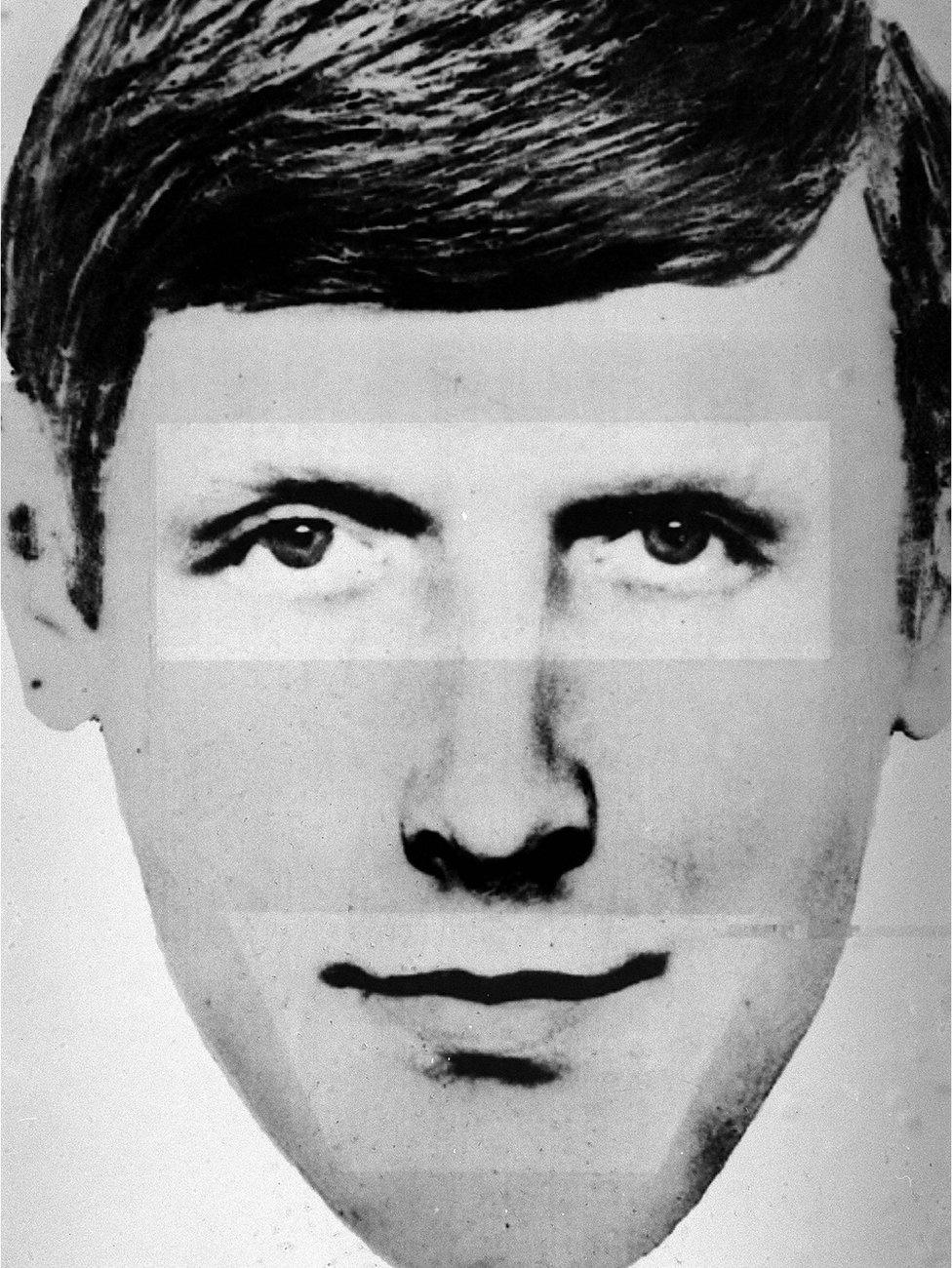

Jimmy McInnes claimed he didn't really work on the inquiry into Helen's murder, he had just helped with the phones, and - even then - that was two to three months into the investigation.
However, he did confirm that the suspect in Stonehouse, seen by Joe Beattie, was his cousin John Irvine McInnes.
Jim McEwan tells the podcast: "He doesn't appear anywhere in the initial statements. It was us that uncovered him. John Irvine McInnes does not appear in the 1969 enquiry, anywhere."
The 1995 team went through everything with a fine-tooth comb and claim they found more inconsistencies and lost evidence, such as a card bearing the name of Moylans furniture store, where John Irvine McInnes worked.
It was Jim and Brian's view that the Moylans card had been found at the scene of the crime, then later lost or removed.
Brian Hughes says: "We could find no sign of that card in the archive. There was nothing."
The 1995 detectives went to see Joe Beattie six times.
Brian Hughes said the last time they spoke to Beattie, who died in 2000, he was lying in his bed crying.
"There was tears coming from his eyes - crying, and that's something I've never mentioned before," he said.
Brian Hughes said his final words to Joe Beattie were "did you cover up for John Irvine McInnes?".
He said: "We asked the questions. We never wrote anything down because we just asked the questions. And he just shook his head. And the tears were coming from his eyes in his hospital bed. And we walked through and we just knew."
Bible John: Creation of a serial killer is available on BBC Sounds.